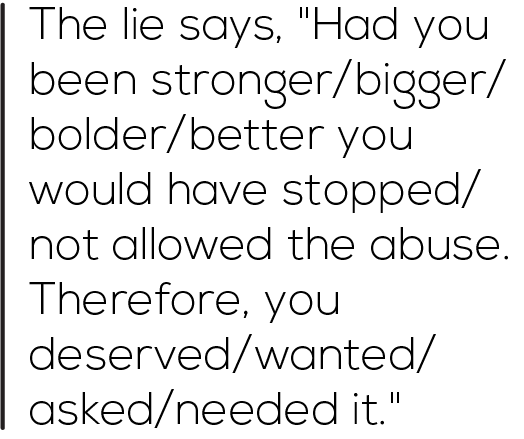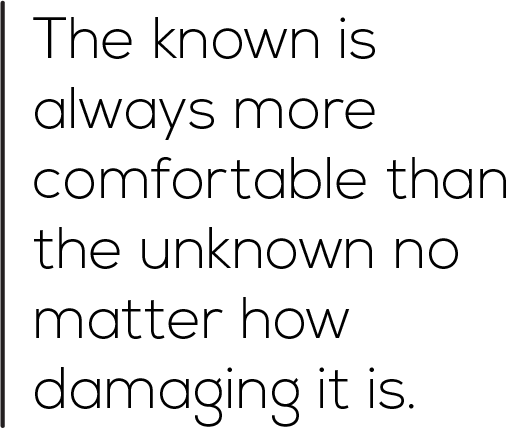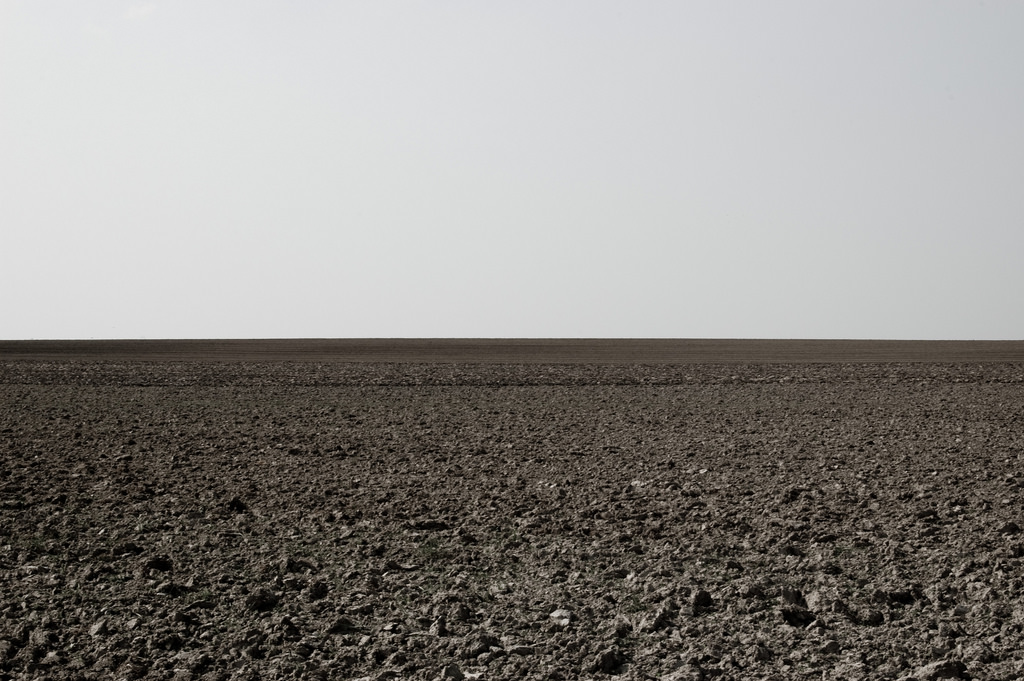Behold, I am doing a new thing; now it springs forth, do you not perceive it? I will make a way in the wilderness and rivers in the desert.
-Isaiah 43:19
No, I do not perceive it.
And why not?
Because of conversations like the one I just had with Nathan and Georgia.
The relationship between my 10-year-old and 14-year-old is strained to put it mildly. Nathan appears to take particular delight in vexing and agitating his older sister. Georgia appears almost happy to be quickly offended and easily angered with Nathan. They regularly bring out the worst in one another.
Today was no different.
Nathan came into my room to share that Georgia hurt his feelings and even his body during a game of chase-gone-wrong. However, I quickly recognized that something deeper was surfacing. Nathan’s wording was peculiar to me. He said, “Georgia was chasing me and then she changed and I got scared. I knew I couldn’t outrun her and I was afraid she would hurt me.”
After digging through the stories on both sides, I was able to piece together a somewhat holistic picture. Here are the essentials:
- The kids were all playing together taking turns doing tricks on the trampoline. Nathan’s trick was to imitate an Egyptian.
- This infuriated Georgia who believed she was a great fan of Egyptian mythology and judged Nathan’s behaviors as mocking her and her favorite books (she read The Kane Chronicles and decided that that alone qualifies as “life’s passion that can now be deemed as sacrosanct”).
- Also, Georgia has asked Nathan to not make fun of Egyptians. Ever.
- Also, Nathan continues to imitate them.
- Georgia started chasing Nathan with a fun, “I’m going to get you!”
- Nathan taunted her back with, “You’ll never catch me!”
- Georgia then became incensed that he was enjoying the cat and mouse game and suddenly her facial expressions (which she can hide about as well as Chewbacca hides his fur) changed to anger.
- Nathan was now afraid and began running in earnest.
- Georgia caught him and wouldn’t let him up even after Nathan protested to say she was hurting him.
- After Nathan got up, Georgia still barred his way to the door so he couldn’t immediately come to me.
In previous iterations of this scenario, Nathan consistently chose to either forego bringing it to my attention of he minimized Georgia’s role. I pray it was the grace of God that finally brought it to a head today.
Here is the ugly pill about this situation that a layperson may not recognize. Nathan is continuing to identify as a victim. Georgia is struggling with identifying as an abuser. And the psychology behind it is heartbreaking.

My sweet Nathan was hurt deeply by Asher. Not just as a sexual abuse victim but as a punching bag for the rage Asher felt towards himself as an innocent 7-year-old being tortured by Drake. Seeing the helplessness of Nathan reminded Asher of his own painful abuse and rather than direct that hatred towards the depravity in Drake, Asher directed it towards the gentleness in his brother. *Side note – this is why victims so often blame themselves for abuse. They believe there is something soft or weak in their own character that allowed or wanted the abuse. The lie says, “Had you been stronger/bigger/bolder/better you would have stopped/not allowed the abuse. Therefore, you deserved/wanted/asked/needed it.” And this is why it is essential that we continue to beat the drum of: No one deserves or asks for it. Ever.
For over a year, Nathan lived with his tortured brother who was fighting real demons. Those many months taught my little boy that he was there to be victimized. And even though it is well over 2 years since Asher has laid a hand on him, he still views himself as someone who is weak and incapable of standing up for himself. He is easily intimidated. He carries himself with a littleness that betrays his vulnerability. So much of his attitudes, mannerisms, and even voice inflection scream victim.
And because of these reasons (plus a million more that stem from this but would take an entire book and months of conversations to explain), Nathan falls prey to bullies. It’s almost like he has a giant bull’s eye on his tender face. Asher was similar. They are the ones that seem to always get picked on by the playground jerk. And when it isn’t your child, you can step back and watch with near fascination at the dynamics working behind the scenes. Bullies, predators, and abusers don’t waste their time on people who will be hard work to victimize. When you’re standing in line at the water slide and someone larger than you pushes their way in front of you, do you step back apologetically mumbling something about not realizing you were standing in their spot? Or do you confidently step forward, tap them on the shoulder, and tell them with certainty that they just cut the line and they need to go to the end? Even if you say nothing, does your body language clearly communicate that you do not approve of what they just did? Or do you question whether you have the right to be in the line and perhaps that person knows something you don’t?
Now here is a twist. How often do people even try to cut in front of you in the first place? I will hazard a guess that people wounded by abuse are MUCH more likely to suffer from this type of aggressiveness than others. It is yet another layer of the collateral damage abuse causes. Once someone is victimized, it is easier for them to again fall prey to it.

Please hear my words. We cannot simply stop the immediate abuse and believe that the rescue from their current pain is enough to set that victim on a course of healing and health. There are clear reasons why previously victimized people tend to find themselves in yet another abusive relationship. The role is well-worn and strangely comfortable. The known is always more comfortable than the unknown no matter how damaging it is.
So Nathan is comfortable being afraid and accepting that people have a right to hurt him or marginalize him. And that makes him the easy target for bullying – even at the hands of his other siblings.
*photo credit: Wasteland | by Denis Defreyne

2 Pingback